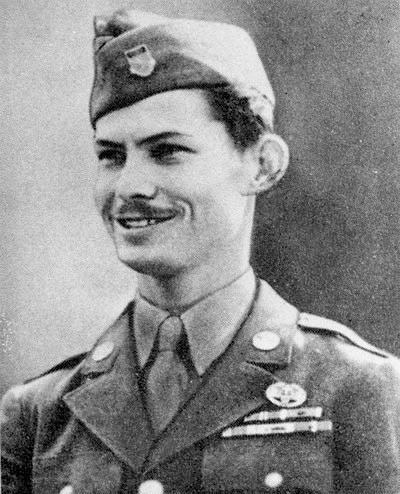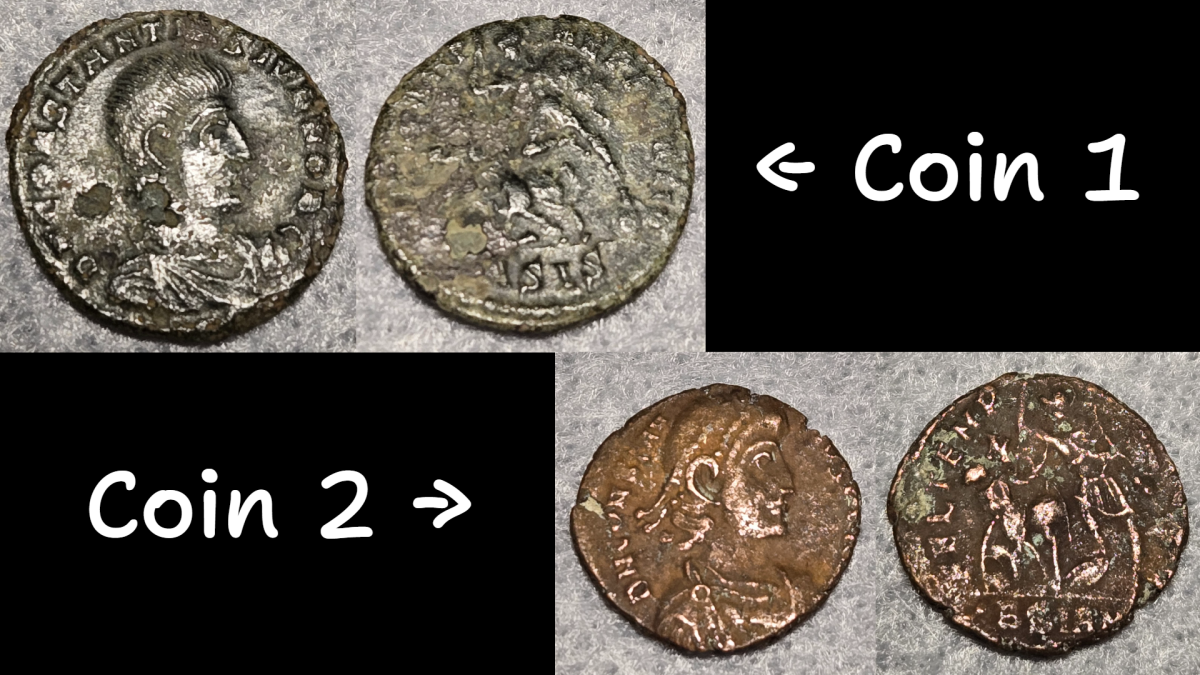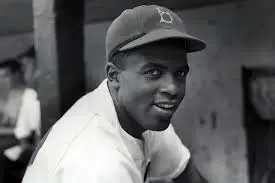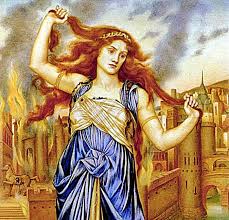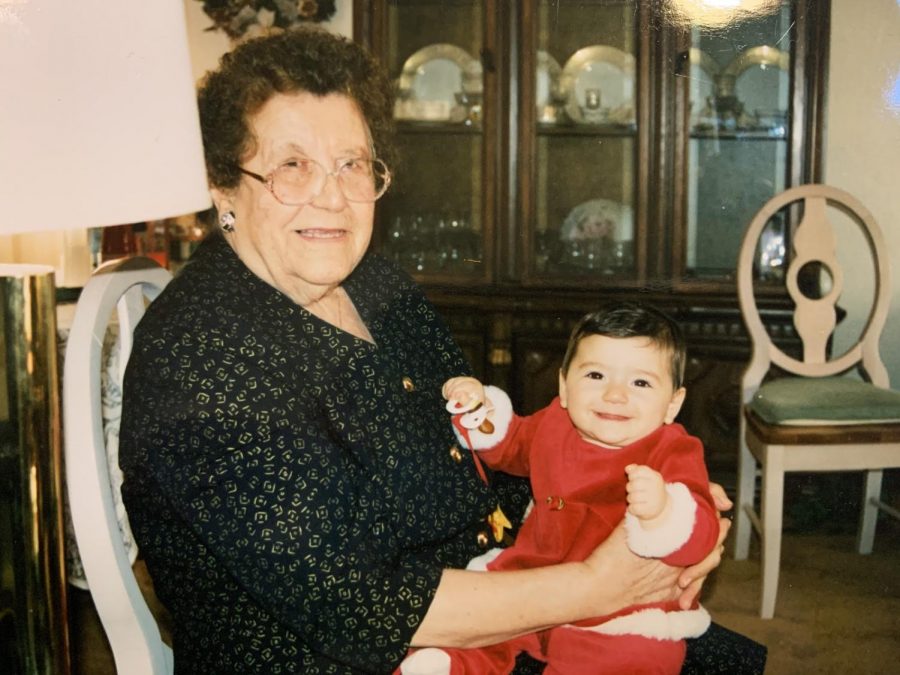Elvira Moscaritolo’s Journey to America
January 31, 2020
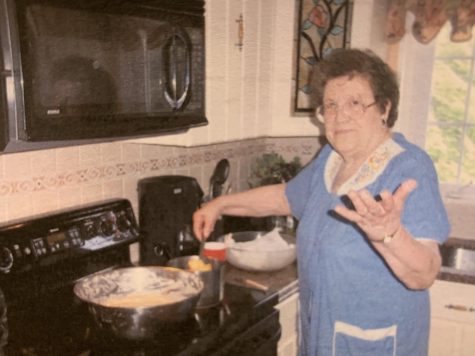 Living on the family farm in Avellino was a dreary existence. Tending to the cattle and chickens provided little satisfaction, and I received almost no stipend, but as I reminisce, I find that I do miss the vast and luscious farmland that had been laid out before me by my ancestors. My culture, language, and family were all in Italy, so naturally, I loved it there. I was comfortable, for I had not known any other lifestyle than the one I had on the farm. The aromas that wafted from crowded markets and the apprehensively opened windows of our neighbors’ cottages could lull me into a dreamy state of intoxication and fill me with a deep love for the land that was my home, Italia. Although now, far away from my homeland, my memory of Italy becomes overwhelmed by terrible thoughts of the mafia and the corrupt men that dominated our town. The men involved in the mafia were the worst kind of men who fought and killed and stole and wreaked havoc on Italian communities and specifically my family. I remember the exact day that my life would be changed forever, and that was the day my father was murdered.
Living on the family farm in Avellino was a dreary existence. Tending to the cattle and chickens provided little satisfaction, and I received almost no stipend, but as I reminisce, I find that I do miss the vast and luscious farmland that had been laid out before me by my ancestors. My culture, language, and family were all in Italy, so naturally, I loved it there. I was comfortable, for I had not known any other lifestyle than the one I had on the farm. The aromas that wafted from crowded markets and the apprehensively opened windows of our neighbors’ cottages could lull me into a dreamy state of intoxication and fill me with a deep love for the land that was my home, Italia. Although now, far away from my homeland, my memory of Italy becomes overwhelmed by terrible thoughts of the mafia and the corrupt men that dominated our town. The men involved in the mafia were the worst kind of men who fought and killed and stole and wreaked havoc on Italian communities and specifically my family. I remember the exact day that my life would be changed forever, and that was the day my father was murdered.
Before then, The Don of the mafia had shown romantic interest in me, and I had tried my best to ignore it, but the talk of the town was that he wished to marry me. I remember vividly when he and his men would show up to my farm just to watch me work. The neighbors would close and lock their windows and doors quickly, as wide-eyed children peeked from the cracks in frosted attic windows just to get a glimpse of the Don himself. He was a dangerous man that many feared, and he took great pride in that. Upon arriving at my farm, the Don would look me up and down, tip his head towards me and then after a few minutes of silence, he would whistle and beckon his men to follow him as he sauntered back down the dirt road. He always just came to watch me work, but he never did say anything until one day he said the two words that would uproot my entire life. When he came back, he walked right past the cattle and stood tall in front of me. An unusual decision for a man of habit. With a stern look in his eyes, he said, “Marry me.” I was stunned. It was not a proposal or a genuine inquiry, he was not on one knee with a beautiful stone in the palm of his hand, and I surely did not love this man. He was simply giving me an order. I looked him in the eyes, not tearing my gaze away from him and simply said “No.” His eyebrows were knit together in confusion. He repeated the word back to me like he had never heard it spoken aloud before, and stared at me with a look of repulsion on his face as if saying the word “No” had left a bitter aftertaste coating his tongue. If not for the small fence that separated the farm from the dirt road, I fear he may have beaten me.
The one thing that will always be ingrained in my memory was the look on his face after I began to turn away from him. The corners of his lips were pulled upward, a clearly uncomfortable and unnatural muscle movement for this wicked man, and the product of this movement was not a smile, but a sort of loathsome grin that made me shudder. I did not sleep that night. The day after I had refused the Don, all the women in town looked at me with wide, frightened eyes, knowing what I had done was a mistake and undeniably one that would follow me for the rest of my life. I did not go to work on the farm that day, or the next day out of fear that the Don would surely find a way to harm me or my family somehow. On the third day that I had abstained from work, my fears became a grim reality as I was told that my father had been shot and killed in a local market downtown. Overcome with unimaginable grief and fear, I decided that night that I would leave Italy and never return. At nineteen years old, I fled to America and never looked back. I had heard many great things about America, and my brother lived there with his wife, so I would have a place to stay while I worked to collect the shattered pieces of my life that the mafia had strewn at my feet.
The voyage to America was dreadfully and painfully long. The overcrowding on the boat allowed for disease to spread rapidly and I fell ill quite quickly into my journey. Seasickness wracked my body and mind, inhibiting me completely at some times and making for a very uncomfortable six weeks aboard the ship, but then I met a man. I can’t remember his name but I remember exactly what he looked like. He was a handsome, sharply dressed man who took care of me until the day we arrived at Ellis Island. I confided in him about my life back in Italy, and opened up to him about the sorrow and grief that plagued me, and he told me stories about his life that captivated me. He often brought me food and water, and many times he would whistle lovely tunes for me as we looked out at the horizon together even if the only thing we could see for miles and miles was blue. We fell in love, and we promised to write to each other as soon as we settled in America. He was going to New York, and I was going to Boston. I will always remember on that last day how he took my hand and kissed it, smiling back at me as he hummed that beautiful tune and disappeared into a sea of people.
The man that I had fallen in love with was New York-bound, but sadly I would never see or hear from him after that day we arrived. He wrote many letters addressed to me in the years after 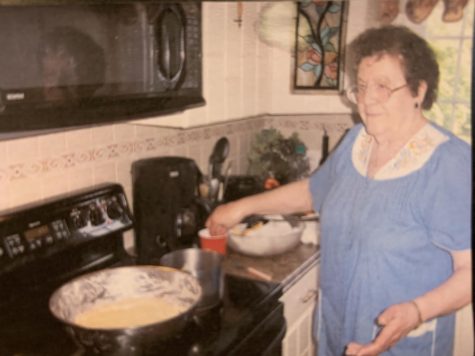 our arrival, but I would never get the chance to read them, as my sister-in-law would keep them hidden from me for over twenty years. I often wonder about him some nights when I am especially lonely or the nights my husband works late. I wonder if he has aged well, or if I will ever pass by a handsome, sharply dressed man on a busy city street that looks a little like him. I wish I could thank him for his company. I am not sure I would have been able to make the journey without him.
our arrival, but I would never get the chance to read them, as my sister-in-law would keep them hidden from me for over twenty years. I often wonder about him some nights when I am especially lonely or the nights my husband works late. I wonder if he has aged well, or if I will ever pass by a handsome, sharply dressed man on a busy city street that looks a little like him. I wish I could thank him for his company. I am not sure I would have been able to make the journey without him.
The day we arrived at Ellis Island was the happiest and saddest day of my life. A weight had been lifted off of my shoulders, for I no longer had to fear the mafia, and as I looked around at the buildings towering over me, I was overcome with a sense of immense opportunity and sheer wonder. I could do anything here, but it would never be the same as Avellino. My charming little farm, the culture, cuisine, and community that I had grown to love would hold a place in my heart forever but never would I return to tend to my chickens or cattle. I grieved the death of my old, quaint life, but welcomed the birth of this new, exciting life in America. I took a shaky breath, and with no belongings or anyone to guide me, I made my way to the immigration center and partook in the grueling process of becoming an American citizen.
Eventually, I was greeted by my brother and his wife, and they allowed me to live with them as I began to work and build a life for myself in Boston. My first job was for a company that cleaned butcher’s uniforms, and eventually, I acquired a job in the cloth industry and later at a candy company named Schrafft’s. While the jobs I had in my early years of citizenship were often menial, they did require hard work and fierce determination, and although my bones would ache terribly at the end of the day, I welcomed the challenges and strived to make a living for myself. Something that I was never able to do in Italy. After my financial situation had become fairly stable, I began to focus more on my community and my education. I attended night school frequently to learn English, but still maintained my Italian roots by speaking my native language with many of my neighbors who had immigrated from Italy as well. We cooked authentic Italian meals, I attended the theater and was welcomed by a city full of possibility and diversity unlike I had ever seen before. I had finally moved out of my brother’s house a few years later when I had met a man by the name of Michael DiNapoli. Michael and I fell in love, got married, and eventually moved to the North End together and rented an apartment where we would happily raise our five kids. We would ingrain in them the ideals of hard work and respect, and most importantly, we would teach them to never forget their heritage or traditions just like I had never forgotten about Avellino and the quaint farm in my homeland, Italia.
Epilogue
Elvira Moscaritolo, my great grandmother, who my family and I call Nonnie, immigrated to America from a small farm in Avellino, Italy after fleeing economic instability, the mafia, a forced marriage, and the murder of her father. Learning about my great grandmother’s harrowing story and courageous journey to America makes my admiration for her that much greater, and I remain thankful that I was lucky enough in my lifetime to be able to meet and talk to the woman who was such an integral part of my family’s history. My Papa had told me since I was young that his mother was one of the strongest, stubborn, and most passionate women he had ever met in his life, and after our phone call regarding this project, I wholeheartedly agree. Although Nonnie died peacefully at 97 years old, the stories of her courage and wit, her beloved recipes, and family traditions help to keep her legacy alive in our homes and minds today and remind us of our shared history as a family. For as long as I can remember, my Papa has told me countless stories about Nonnie and his life growing up in the North End of Boston with four siblings. As an impatient young child, I admit that I would often try to squirm away and sigh heavily at these seemingly “boring” or “old-fashioned” stories, but as I grew older, I no longer viewed these stories as trivial. Listening to my Papa talk so passionately about the traditions in his own home and family life growing up allowed me to more fully appreciate the ones in mine. My favorite stories he would tell would be about the Saint Anthony’s Feast, the largest Italian religious festival in New England that took place every year in the North End. My Nonnie would make the most delicious Italian dishes to share with everyone, and the whole family would cram into her small apartment and watch as the parade passed by on the street down below. My Papa also reminisces fondly on the dinners he would have with his whole family every weeknight. Having dinners as a family with everyone crowded around a big table piled high with authentic, home-cooked food and homemade wine was a tradition my Papa had growing up and one that my own family continues to this day. Every night my mom, dad, sister and I will sit down to eat dinner together at the table, never struggling to find things to talk about, and I find myself thankful that Nonnie and my Nana and Papa continued that tradition, so I can continue to experience a small part of my family’s history and maintain that connection to my Italian heritage and ancestors like Nonnie every day. My great grandmother also passed down many of her recipes to my Nana who then passed them down to my mom, and through these recipes is how we keep her memory alive. From the Feast of the Seven Fishes tradition and that we enjoy on Christmas Eve to authentic Italian Easter dishes like pizzagainia and pastia, and simple antipasto dishes that my Nana lovingly prepares for us on Sunday afternoons at her house, these old family-oriented traditions are brought back to life and shared with my sister and I with the hope that we continue to preserve them as well. My Nana once told me a funny story about visiting Nonnie when she and my Papa were dating. She said that every time she went to visit Nonnie, she would be greeted at the door, not with a kiss, but with a spoonful of whatever delicious thing she was cooking that day. She told me that Nonnie showed the love she had for her family through her cooking and I have appreciated that story ever since. Now, when I walk into my Nana and Papa’s house for Sunday dinner, Christmas, or Easter dinner, I am enveloped in a big hug, and I feel a love that transcends generations from my grandparents themselves, my Nonnie, and from all of my ancestors that came before them, and of course, there is always a spoonful of something delicious on the stove that my Nana is dying for me to try.





